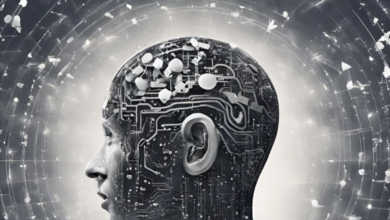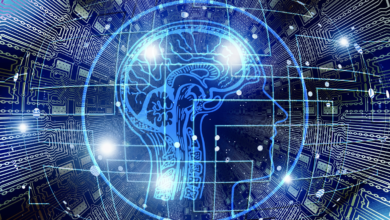As AI and machine learning are becoming popular, Bias in AI decisions is a popular topic for research and focus in academia and industry AI practices. Bias can be specific to age, culture, country, gender, race, and other society-related biases. Bias can be due to a technique or data used for training and testing. Society-related bias creates different perceptions and people might interpret the AI/ML decisions in a wrong way.

Bias in AI
There is bias created by the AI and Machine learning systems in their decision making as the model learning is based on training and testing data. The machine learning techniques depend on the features presented as examples in the training and testing data sets. The data sets might be created based on the data available. Hence it might create bias by presenting predictions biased towards the people who are presented as examples in the data sets.
The bias can be age, geography, race, caste, and gender based in the AI and ML models. Many image processing and computer vision models might have bias generated due to the data presented for training, testing, and validation.

Bias can be related to social discrimination. This may not be because of the datasets but the results show bias in societal organizations. Locational intelligent applications may have biases specific to geography and the landmark/street names. The typical data sets used for training data is from the news sources. Societal bias might occur against women in this case. The other biases might be due to immigrants, religious minorities, and lower caste people. The recent bias found in the AI applications is related to trans gender people. The other bias has cropped up in the sports AI applications. This was due to race differences in sports professionals, languages, cultural differences, and skin color.
“… what’s wrong is that ingrained biases in society have led to unequal outcomes in the workplace, and that isn’t something you can fix with an algorithm.” Dr. Rumman Chowdhury, Accenture
Medical and health care applications were focusing on Covid 19 for last two years. These applications had bias towards the trail groups where the study was conducted. The bias was observed in the study group people’s income levels, age, and dietary conditions. AI applications were focused on the predictive analytic without worrying about these biases. It is time to focus on Bias very early while conducting the research studies.
Bias was towards people who were lower middle class and economically poor. This bias has impacted in the pandemic spreading across the world as the attention was never given to the lower class and labor employees in different nations. The bias issue exists in the clinical trial analysis and techniques used to analyze & identify the needy people for treatment.
AI can change the world and different nations can adopt new AI applications to achieve good quality in the life of the people. If the data used of training, testing, and validation is not biased, then there is a chance of success immediately. The bias needs to be identified at early stages to fix the issues. If not, this will cause issues in the implementation and people will get affected. The goal needs to be doing the right way not keep in mind the cost and the revenue. Then bias will be eliminated while implementing and people will have a good life.
Employees who are working on the AI models need to be educated and trained on the Bias and how to remove the bias before execution of AI Models. The data sets need to have different profiles and variants in demographics. This will help in cutting down the bias in the learning of AI models. Data privacy and protecting it is the new focus of AI implementation. The decisions and predictions from the AI model should not violate the privacy of the people. This is also part of GDPR and other compliances which are evolving across the world.
In the domains like legal and pharma, AI policies and regulations are being imposed by the government to manage the processes without red tape. Bias is one of the factors which these regulations and policies focus on as the AI algorithms related to autonomous cars, conversational AI, and NLU applications have to bias towards the historical data available for analyzing. This bias leads to prejudice towards a sect, caste, or religion and creates issues in society. Different data sets in real world related to health, legal, defense, and retail might have a bias towards a race.
The prediction-al algorithms might not succeed in predicting properly. Many of the societies which are going through transformation have the right to forgetting for the citizens. AI bias might create problems in these societies where the right to forgetting is a fundamental right. AI algorithms and techniques need to be enhanced to handle racial discrimination by getting data from different races, castes, and creed. The decisions taken by AI need to account in the fact that it should not be biased towards a particular race.
What’s Next?
In the case of narrow AI, applications are evolving and showing success as these are related to operating on monotonous tasks. Narrow AI applications that are used in universities, healthcare, banking, and insurance are performing tasks and helping out in taking decisions during the approval process. Human intervention helps in avoiding bias. Responsible AI helps in explaining the rationale behind the decision. Potential is huge for Responsible AI and Narrow AI to be successful in many areas. Responsible and Causal AI can be utilized in other AI applications to help out mitigate bias.





